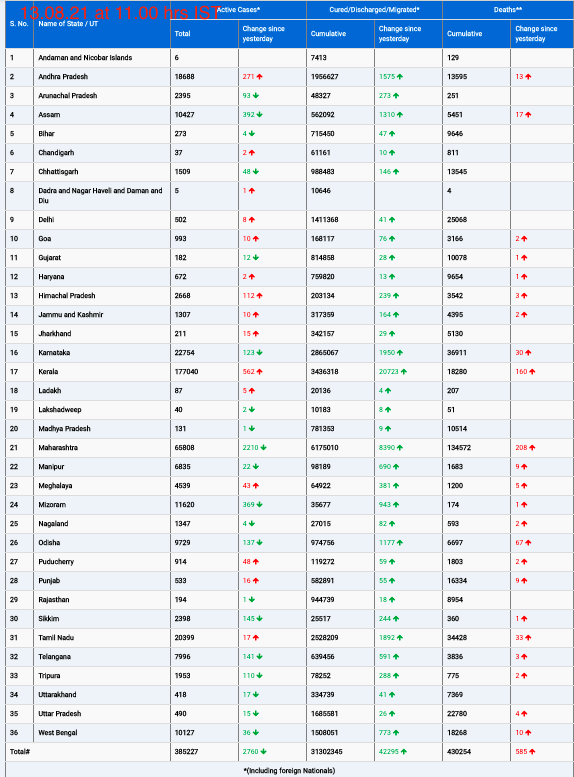Recent research published in JAMA Neurology highlights the significant impact of leading a healthy lifestyle on cognitive function in older adults, even in the presence of Alzheimer’s disease (AD) pathology. The study, conducted by Klodian Dhana, MD, and colleagues from Rush University Medical Center in Chicago, Illinois, underscores the importance of lifestyle factors in maintaining cognitive abilities as individuals age.
The study, combining longitudinal and cohort data with postmortem brain pathology reports, included 586 participants, 71% of whom were female, followed from 1997 to 2022 as part of the Rush Memory and Aging Project longitudinal cohort study. Researchers collected information on participants’ lifestyles, including diet, physical activity, alcohol consumption, and cognitive engagement, along with annual cognitive tests.
Participants were categorized as leading a healthy lifestyle if they met criteria such as regular exercise, minimal alcohol consumption, cognitive engagement activities, non-smoking status, and adherence to a specific diet plan. The study revealed that for every one-point increase in the healthy lifestyle score, there was a significant improvement in cognitive performance and a reduction in beta-amyloid load in the brain.
Even after adjusting for dementia-related brain pathologies, the association between a healthy lifestyle and better cognition remained significant. The study suggests that lifestyle factors such as exercise, diet, cognitive engagement, and moderate alcohol consumption contribute to cognitive reserve and may mitigate the effects of aging and neurodegenerative diseases on cognitive function.
The authors hypothesize that the antioxidant and anti-inflammatory properties of lifestyle factors, along with cognitive engagement, play a crucial role in preserving cognitive function in older age. However, they emphasize the need for further research to understand the mechanistic pathways linking lifestyle factors to cognitive aging, particularly regarding markers for inflammation.
In an accompanying editorial, Yue Leng, MD, and Kristine Yaffe, MD, of the University of San Francisco, California, praised the study for providing important evidence on modifiable risk factors for AD and cognitive decline. They advocate for more randomized controlled trials to explore dementia risk reduction strategies, emphasizing the importance of integrating lifestyle interventions with traditional medications in preventive approaches.
The study, funded by the National Institute on Aging, sheds light on the potential of lifestyle modifications in promoting cognitive health in older adults. While further research is needed to elucidate the underlying mechanisms, the findings underscore the significance of adopting a healthy lifestyle in preserving cognitive function as individuals age.
This study serves as a call to action for individuals to prioritize healthy habits, including regular exercise, balanced nutrition, cognitive engagement, and moderate alcohol consumption, to support brain health and overall well-being in later life.











